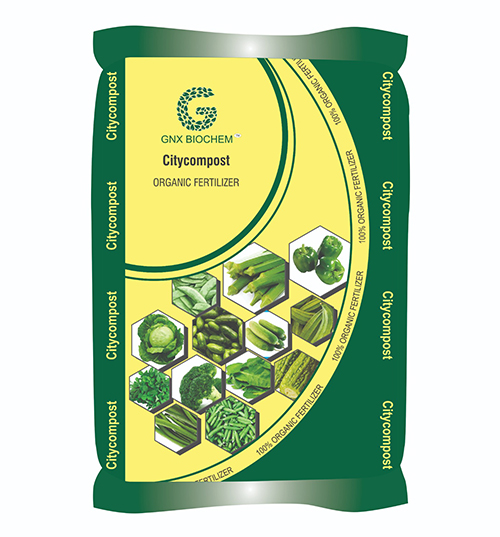
City Compost is a type of compost designed for urban and municipal use, specifically tailored to manage and recycle organic waste efficiently in city environments. It's often used in parks, green spaces, community gardens, and residential areas to improve soil health and promote sustainable waste management practices.
Specifications:
Benefits:
Uses:
In summary, City Compost offers numerous benefits for urban environments by enhancing soil health, supporting sustainable waste management, and promoting plant growth. By adhering to recommended dosages and applications, users can maximize the effectiveness of City Compost in various gardening and landscaping scenarios.